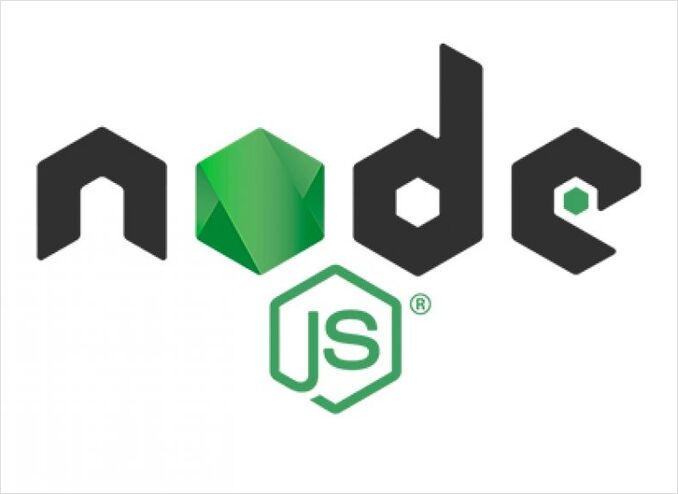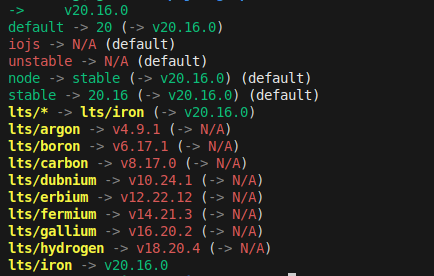Install Node.js dev environment
Setting up dev environment
Step-by step instructions on howto install nodejs with supporting tools.

When
After getting nice new shiny laptop or reinstalling linux the next step for node.js developer is to install his/(other favorite prononces) favorite tools. Here I will list a sequence I’m doing this in.
Where
I’m using ubuntu linux mint flavour so all settles mostly on debian/ubuntu repositories and packages.
How
Install Node.JS with package manager
sudo apt-get update
sudo apt-get upgrade
sudo apt-get install nodejs npm
currently installs npm v 9.2.0
Install Node.JS Runtime from node site
Go to https://nodejs.org and download node.js for your OS.
For linux the currently available LTS version is v20.16.0.
You will need to
- download it
- untgz it to your favorite apps folder
- add the bin subfolder to the path
My favorite is the next way:
Install NVM together with Node.JS
Node Version Manager (NVM) check on the github page
# installs nvm (Node Version Manager)
wget -qO- https://raw.githubusercontent.com/nvm-sh/nvm/v0.40.1/install.sh | bash
# or
# curl -o- https://raw.githubusercontent.com/nvm-sh/nvm/v0.40.1/install.sh | bash
# reopen terminal and
# check nvm is correctly installed
nvm --version
# download and install Node.js (you may need to restart the terminal)
nvm install 20
# verifies the right Node.js version is in the environment
node -v # should print `v20.17.0` or later v20 version
# verifies the right npm version is in the environment
npm -v # should print `10.8.2` or later version
To show list of node versions installed use the command
nvm ls
It will respond with available and version list with an active version on top

to switch to different version:
nvm use 18
nvm use 20
Install VS Code
Particularly we need some specific extensions:
- ESLint
- Prettier (Prettier - Code formatter)
- Node.js Modules IntelliSense
you can search these extensions in the vs code extension tab manually or run in Launch VS Code Quick Open (Ctrl+P):
ext install ESLint
ext install Prettier - Code formatter
ext install Node.js Modules IntelliSense
Install Git and Docker
See for the details about these in: Reinstalling linux article.
you can check if they are installed correctly with
git --version
docker --version
Creating simple Node.js application
Create a local folder
cd ~
mkdir test-njs
cd njs
Run npm init and follow the prompts
npm init
It will look similar to this output:

Now you can create a file app.js and here you go! Add a bit of code to create a simple api:
const http = require ('http');
const hostname = '127.0.0.1';
const port = 3000;
const server = http.createServer((req, res) => {
res.statusCode = 200;
res.setHeader('Content-Type', 'text/plain');
res.end('Hello Node\n');
});
server.listen(port, hostname, () => {
console.log(`Server running at http://${hostname}:${port}`)
});
now switch to vscode terminal (Ctrl+~) and type
node app.js
you will see the
Server running at http://127.0.0.1:3000
Navigate to this url (Ctrl+LClick on it) and you will see your default browser window with
Hello Node
Nice!

